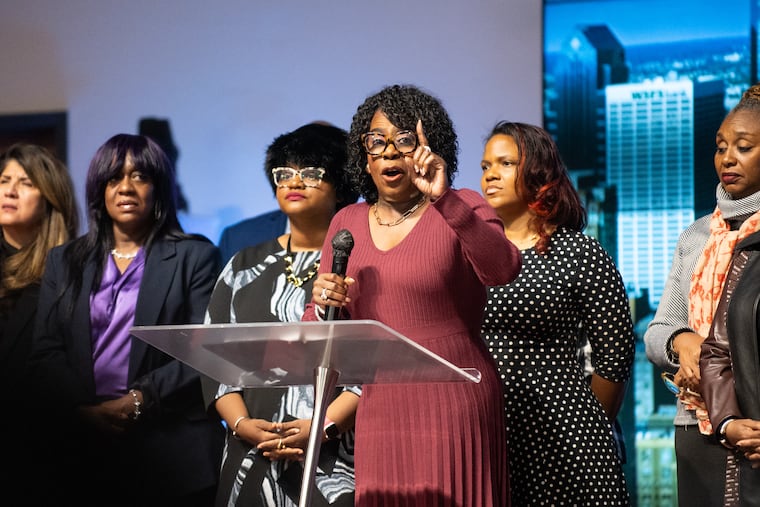Ballot proposals aim to accelerate affordable housing development and reduce City Council authority.
City residents will have the opportunity to influence the future of affordable housing in New York City this fall, as they prepare to vote on five charter revision proposals aimed at expediting the construction of affordable housing. These proposals, however, may also diminish the power of City Council members concerning housing developments, notably through a measure that seeks to restrict a practice known as “member deference.” This controversial practice has historically allowed council members to veto housing proposals within their districts.
The Charter Revision Commission, established by Mayor Eric Adams, met recently and voted to advance these proposals to the ballot, where voters will cast their votes this November. The focus of these revisions revolves predominantly around housing, with the intent to streamline and accelerate the development of affordable housing by alleviating various bureaucratic obstacles that have historically delayed progress, according to commission officials.
One pivotal proposal suggests granting greater authority to the City Planning Commission, enabling it to approve or block affordable housing projects in districts that have historically approved the fewest units of affordable housing. This shift in power could significantly alter how housing developments are managed at the community level.
Additionally, the commission proposes the establishment of an “Affordable Housing Appeals Board,” which will consist of the mayor, the City Council Speaker, and the borough president relevant to the development’s location. This board would have the authority to overturn Council decisions if a majority of its members concur, further diminishing the Council’s role in housing approvals.
These measures are not without opposition; some City Council members have expressed their concerns in a joint statement. Citing the Council’s success in approving over 120,000 housing units, they argue that the proposals are designed to enhance mayoral power at the expense of effective governance. Critics have characterized the measures as potentially detrimental to delivering affordable housing, job opportunities, and community investment throughout the city.
Further complicating matters, labor groups may also mount resistance to the proposals, particularly regarding expedited project timelines, while residents may voice their opposition to new housing developments in their neighborhoods.
In addition to housing-related measures, the commission is moving forward with proposals to synchronize city elections with national elections occurring in even-numbered years and to digitize the city’s mapping systems. However, a proposal advocating for open primaries has been omitted, despite significant public interest.
The Charter Revision Commission was formed in December and has been engaging with the public through hearings and meetings to deliberate the proposals that will appear on the ballot. The upcoming vote represents a critical juncture for the city’s affordable housing landscape, as well as the governance dynamics between the mayor’s office and the City Council. As the discussion continues, both supporters and opponents prepare to make their voices heard in this significant civic decision.
Media News Source







